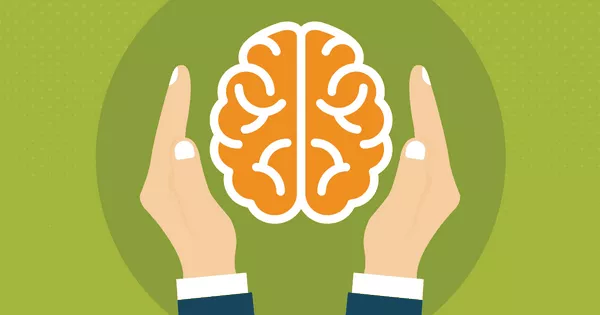On World Mental Health Day, a recent survey conducted by Ipsos sheds light on the mental health concerns affecting people around the world. While the survey found that 78% of respondents believe mental health is just as important as physical health, only 34% feel their country’s healthcare system treats them equally in both aspects.
The Ipsos World Mental Health Day survey, which draws on three years of trend data and covers 31 countries, explores shifts in people’s perceptions of their own mental health, the factors influencing their mental well-being, and how this aligns with the broader healthcare landscape.
Key Findings:
Globally, 78% of respondents consider their mental health equally important as their physical health.
However, only 34% believe their country’s healthcare system treats mental and physical health equally.
People tend to think more about their physical health (71%) than their mental well-being (58%).
South Africans and Brazilians (both 75%) are among the most likely to frequently consider their mental well-being.
In South Korea, 61% of respondents say they don’t think much or never think about their mental well-being.
The survey underscores the significance of mental health, ranking it as the top health concern in Ipsos’ Global Health Service Monitor, surpassing concerns like cancer.
Moreover, the report delves into the impact of stress, a growing issue worldwide. Stress is identified as the third most significant health concern in the Ipsos Global Health Service Monitor. According to the World Mental Health Day report:
62% of respondents from 31 countries have experienced stress that significantly affected their daily lives at least once in the past year.
34% have faced such stress on multiple occasions.
31% have felt so stressed in the last 12 months that they couldn’t cope or handle things.
39% have had to take time off work due to stress in the past year, with 18% doing so multiple times.
Notably, women are more likely than men to report the impact of stress on their lives, with 36% of women saying stress has affected their daily life or their ability to cope, compared to 26% of men. Women are also more likely to report feeling depressed almost every day for a couple of weeks or more (30% vs. 24% of men).
Despite the increased awareness of mental health’s importance, the survey reveals disparities in how it is addressed within healthcare systems across the globe. While some countries prioritize mental health equally with physical health, others still face challenges in achieving this balance.


